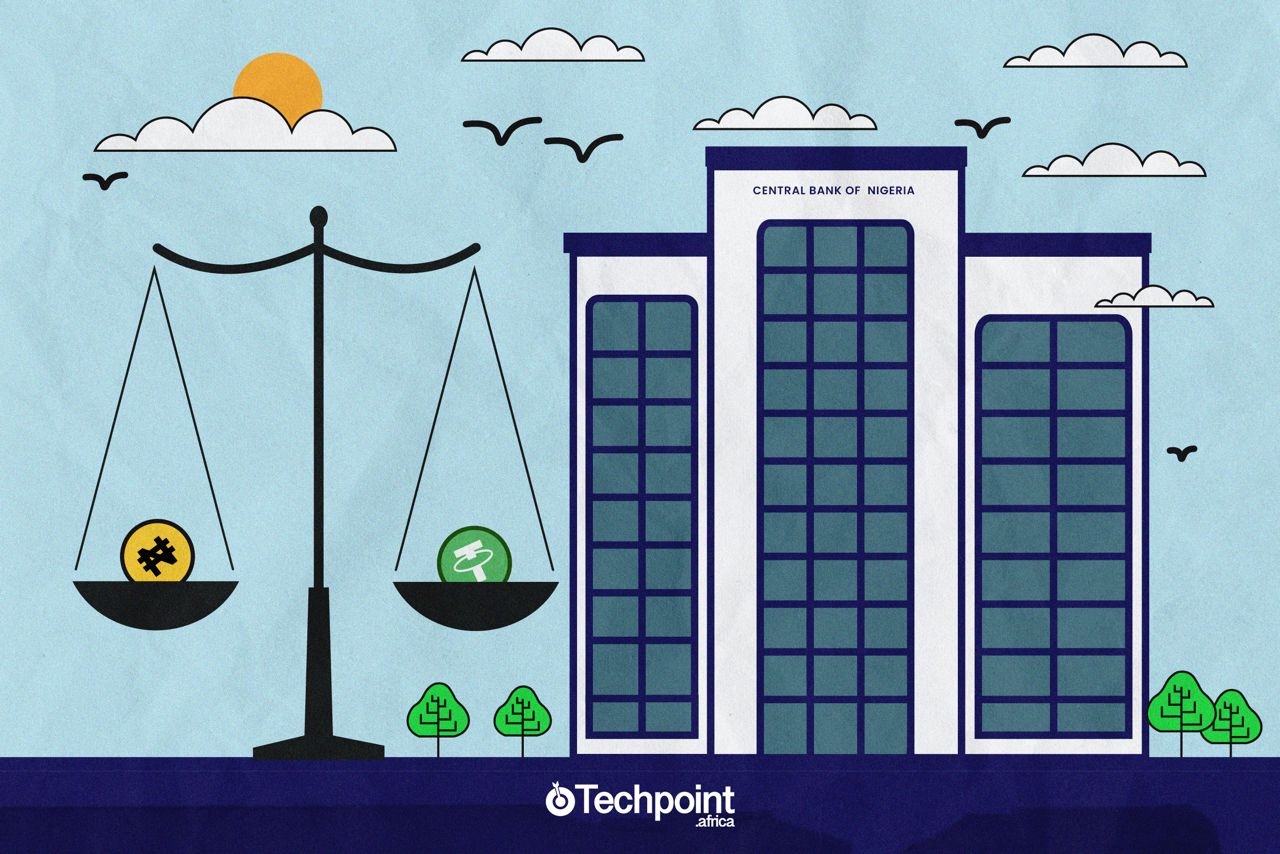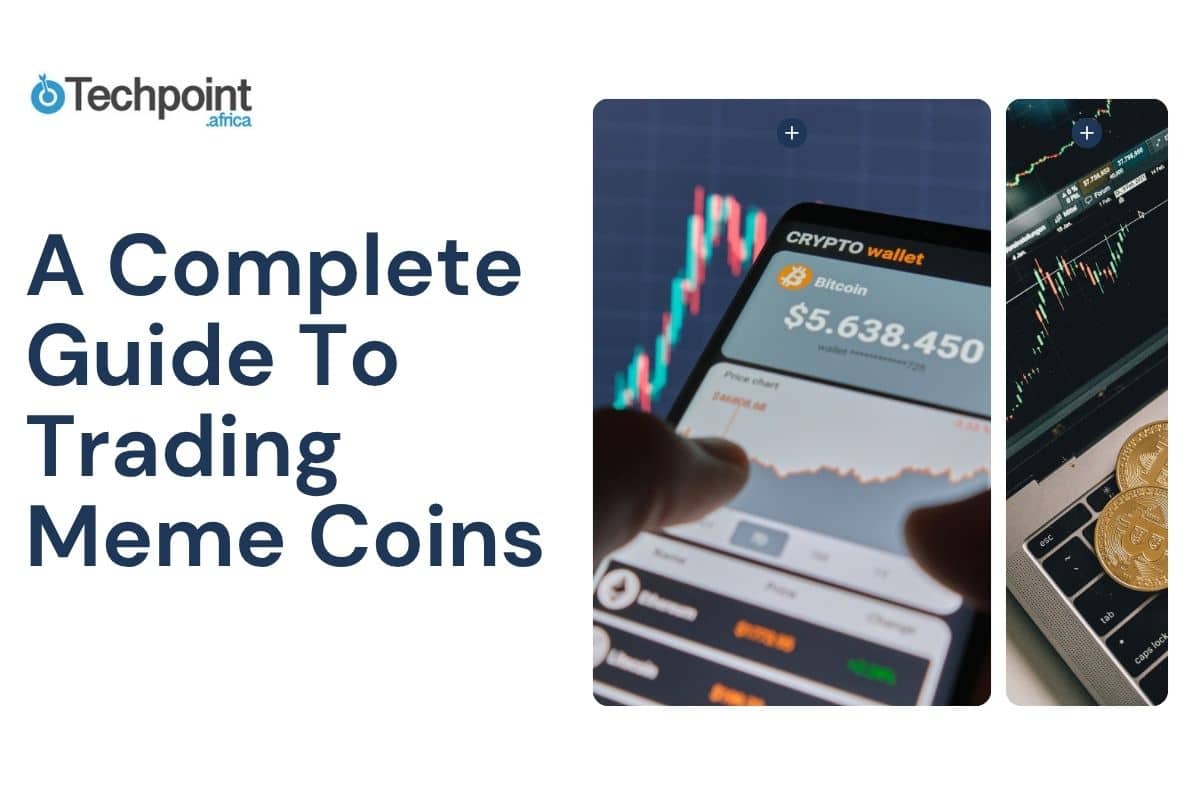Key takeaways
- The Central Bank of Nigeria (CBN) has directed international money transfer operators (IMTOs) to pay inbound foreign currencies in naira.
- The prevailing response to the directive is that it will force people to consider other alternatives like stablecoins to receive remittances.
- While USDT (a stablecoin by Tether) traders say there’s been a significant increase in transaction volume, it seems inflation is still the major driver of stablecoin demand.
On January 31, 2023, the CBN released the reviewed guideline for IMTOs in Nigeria, which restricted them to facilitating only inbound transfers to Nigeria in naira.
The guideline also eliminated the exchange rate cap and allowed IMTOs to use market rate limits for their rates.
The CBN said the reason for the new directive is to “liberalise the foreign exchange market and ensure transparency.” It also said it would boost diaspora remittances and improve the ease of doing business for IMTOs.
Founder of investment firm, Tekedia Capital, Ndubuisi Ekekwe also believes the move by the CBN will benefit the country by ensuring “Nigeria does not need to spend the USD it has (reduced USD Demand in Nigeria), even as it hopes to get more Supply of dollars internationally,” Ekekwe said in a post on X.
Getting dollars to settle FX backlogs is one of the many issues the new CBN Governor, Yemi Cardoso, has been dealing with since he took office.
It was revealed in September 2023 that the country had $10 billion in FX backlogs to settle. And while the CBN has been unable to settle the backlog in the two weeks it proposed it has managed to reduce the backlog to $2.2 billion.
While paying out remittances exclusively in naira will reduce the country’s need for dollars it does not have, some people are not pleased with it.
Is the move driving people to look for alternatives?
In response to Ekekwe’s post, an X user said the move could force Nigerians to look for other alternatives for receiving remittances as the bank rates could be lower.
This essentially means people would look for alternative means like bitcoin or USDT to receive foreign currencies so that they can exchange at a higher rate which gives them more naira.
While USDT traders say the demand for stablecoins has been growing, the way people use them suggests the directive by CBN to get IMTOs to pay exclusively in naira is not the biggest driver of stablecoin demand.
In describing the changes in the stablecoin market, USDT merchants *Ifeanyi Edoh and *Pamilerin Ibidapo said there’s been a lot of buying and not as much selling.
What the merchants can deduce from this is that more people are saving as USDT, using it as a way to hedge against inflation.
“People are buying and not selling. Before it used to take a merchant one hour to buy $20,000 worth of USDT; now it takes over three hours,” Ufedo said.
However, another merchant has a slightly different experience, which suggests the directive could be driving up crypto demand.
Before the CBN gave the directive to IMTOs to only allow naira payouts, DigiOats, a bitcoin-focused and liquidity provision firm, transacted volumes of between $1 million to $5 million daily. But since the announcement, it went up from $1.5 million to $10 million a day.
Heritage Falodun, the CEO of DigiOats and the Head of Partnerships at cross-border payment platform, Neona Synergy, said the increase has been going over the past few months.
“We have witnessed a surge in FX transactions outside the traditional banking rails, which I will attribute to the recent restrictive policies aimed at making people source for naira first over foreign currencies.”
Interestingly, most of Falodun’s clients are corporate bodies in the import and export business. He said they make up 70% of DigiOats clients while the other 30% are people who need to pay academic or medical bills abroad and those looking to hedge against inflation with crypto.
Whether it’s the new IMTO policy or inflation, the demand for cryptocurrencies, especially stablecoins, is growing among Nigerians, and per this article, it could end up being a bad thing.
In the meantime, traders like Edoh, Ibidapo, and Falodun will see increased volume and revenue as the value of the naira depreciates further.
*Not real name










